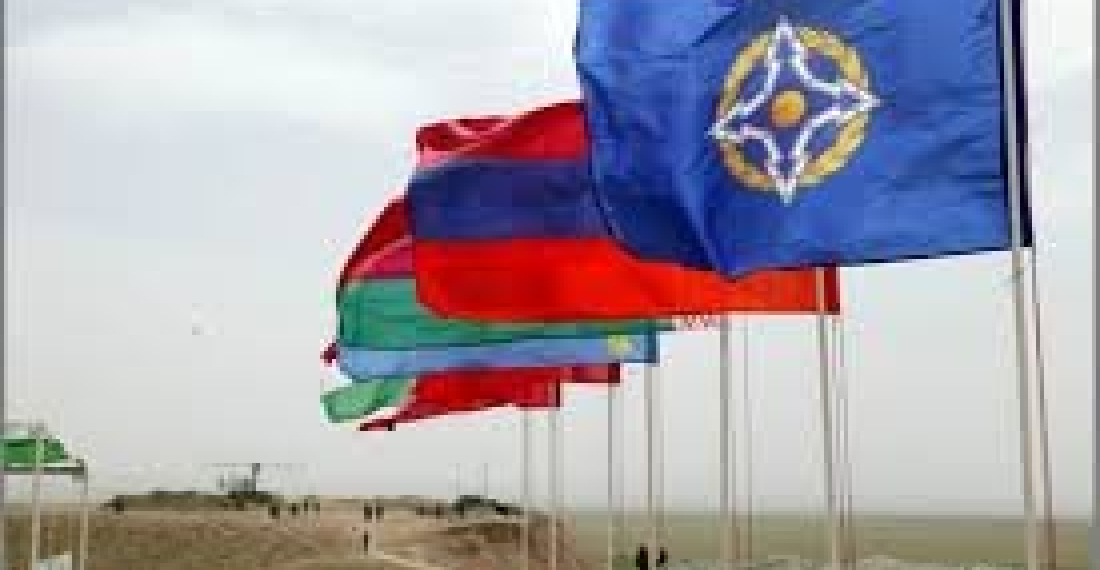Yuri Khachaturov was on Friday relieved of his duties as Secretary General of the Collective Security Treaty Organisation (CSTO) by a decision by the organisation's Collective Security Council. The move came at the initiative of Armenia.
The CSTO will discuss the appointment of a new secretary general at its next summit in Astana, scheduled to be held on November 8, the Armenian prime minister's spokesman Arman Yegoyan told TASS news agency. Yegoyan did not want to say if Armenia will nominate someone else for the post.
Armenia has insisted that since the post was due to be held by an Armenian according to a rotation principle practised within the CSTO, it has the right to nominate Khachaturov's replacement.
On July 26, Armenia's Special Investigative Service accused Khachaturov of overthrowing the constitutional order in 2008 and requested his arrest. Khachaturov, who was the Commander of the Armenian Armed Forces' Yerevan Garrison back in 2008, pleaded not guilty.
source: commonspace.eu






